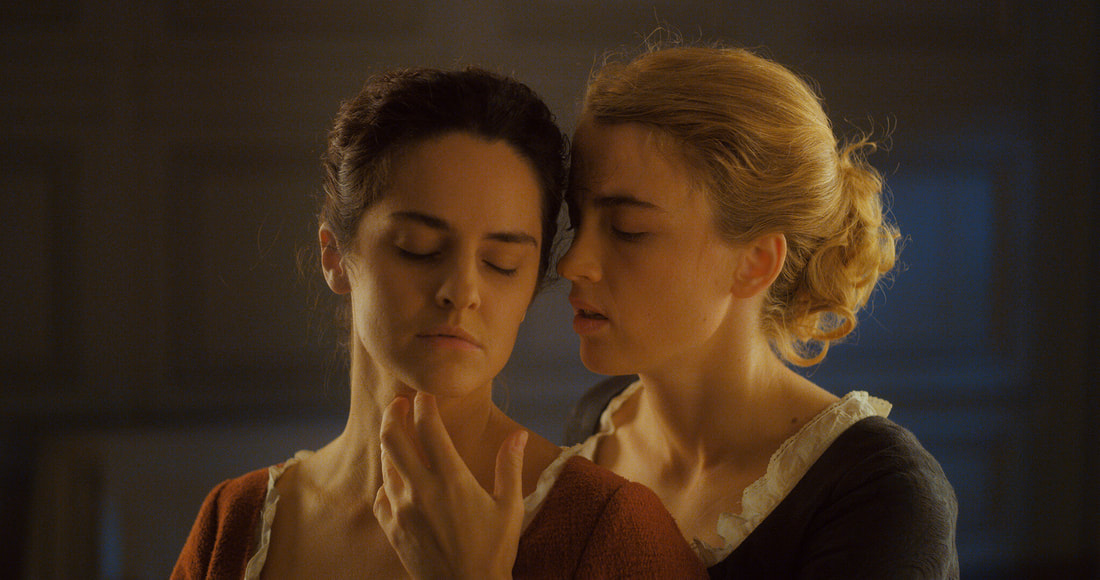|
A screenplay's ending is the most important part. It's what an audience will leave with when exiting the theater or when a television series comes to an end. Crafting an ending that serves your script is a difficult process, so here are some tips that may make closing the curtain a little easier. First, let's look at features: 1. Figuring it out beforehand: One of the best ways to craft a good ending is to figure it out beforehand. Knowing where your final destination is gives you the freedom to plant setups and payoffs, plot twists, and most importantly, give your audience the unexpected. Let's take a look at the basic formula for a romantic comedy. The formula is our protagonist meets the love interest, gets the love interest, loses the love interest, then gets them back in the end. Knowing this beforehand, you can create an alternate ending that the reader may not expect, potentially giving you a one up on other rom com writers looking for representation just like you. 2. Happy or Sad: The true answer… it depends on the genre. Taking a look at films in the genre you’re writing is a great way to see how much you can play with your ending. For example, action adventure and comedies usually have happy endings. Imagine if TAKEN ended with the father dying and his daughter never being rescued or if THE 40-YEAR-OLD VIRGIN ended with Andy losing his girl and keeping his virginity. All the patrons in attendance would’ve left the theaters with pitchforks and torches on a one-way march to Hollywood. But if your story has a bitter sweet or sad ending, genres like drama and horror give you room to craft that perfect heart break. A great example of this comes from the romance/drama PORTRAIT OF A LADY ON FIRE. Our protagonist Marrianne sets off to an island to paint a portrait for a woman who is to be married soon. When Marrianne meets Héloïse, the love interest, they spend the time that they have together deeply in love until it's time for Héloïse to leave for a marriage that she doesn’t want. Later when Marriane goes to an art show, she sees a portrait of Héloïse with her young daughter. We feel a weight of sadness rush over us, but when the camera pans down to a slightly open book exposing the number 28, which Marianne wrote to profess her love for Héloïse, we get a bittersweet feeling knowing that Héloïse still holds all the love in the world for Marianne leaving us smiling through the tears. So, when coming up with an ending, look at the genre your story is set in and decide if a happy or sad ending fits within those parameters. 3. Teach don't preach: We’re not sitting in our grandma's church. Being preached to can turn off even the most open minded viewer/reader. Avoid monologuing (unless you’ve mastered it) and show us why the bad guy didn’t win or why our protagonist didn’t end up with the love interest or how we should accept defeat based on our protagonist's actions like in CREED. Even though Adonis lost his first fight, he earned the respect of the entire world of boxing and even his opponent himself dubbing Adonis as the future of the light heavyweight division. Then in the final image, we see Adonis running up the famous Art Museum steps continuing to chase his goal of becoming one of the greatest boxers to ever live. With this ending, we understand the value of chasing your dreams, and if you come up short, you should continue to work because your dreams are never over until you say it's over. Now that we're done with features, let's take a look at how to end a TV Pilot: The goal of a pilot is to leave the reader/audience wanting more to set up the series. A rule of thumb for a pilot is for your character to win a small battle within a big war. Let's take a look at BREAKING BAD. When the doctor tells Walter that he has cancer, he must figure out a way to pay for the expensive treatment and we both know that a teacher's salary isn't going to cut it. So when he decides to jump head first into the meth business, he completes his goal for finding out how to pay for it. But for Walter and the audience, we are left with a bigger question, “How the hell is a high school teacher going to be successful in the cut-throat game of drug dealing?” This larger than life question made millions tune in week to week and eventually cemented BREAKING BAD as one of the greatest TV shows of all time. So, when crafting your pilot, raise an interesting and seemingly insurmountable question that your protagonist must answer, making your reader hope that your show gets picked up to see what your protagonist faces in the future. When crafting an ending, look at examples in your genre and have an idea for your destination before you put words on the page. It’ll save you tons of time and help you craft a stronger ending that’ll leave your audience wishing they could watch your story for the first time again. Check out our Mentorship service to work one-on-one with an accountability partner and quickly take your stories from idea to pitch! author
Leave a Reply. |
ABOUT
|
About |
COACHINGMEMBERSHIP |
RESOURCES#FreeGameBusiness services |
|
Gain access to:
|
Contact Us
Copyright © 2022 The Professional Pen






 RSS Feed
RSS Feed

